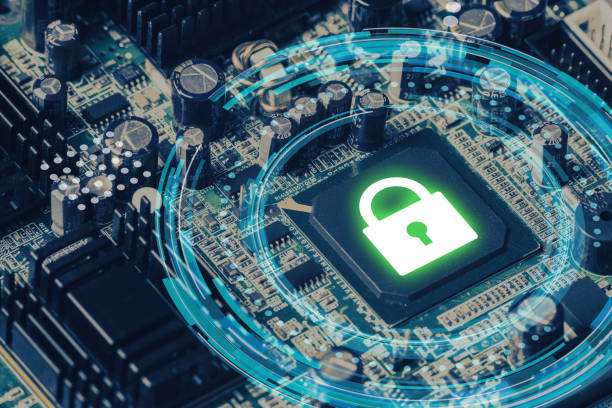A Virtual Private Network (VPN) is an essential tool for maintaining online privacy and security. It creates a secure, encrypted connection between your device and the internet, ensuring that your online activity is protected from hackers, snoopers, and other prying eyes. VPNs are also commonly used to bypass internet censorship and geo-restrictions, making them an invaluable tool for people living in countries with restrictive internet policies or for accessing content that is not available in their location.

However, some users have unreasonable expectations for VPNs, expecting them to be a cure-all for all of their online privacy and security needs. In this article, we will discuss what unreasonable expectations for VPNs are and why they are unrealistic.
- 100% anonymity
One of the most common misconceptions about VPNs is that they provide 100% anonymity. While a VPN can help mask your IP address and encrypt your internet traffic, it does not make you completely anonymous. Your VPN provider still knows your real IP address, and in some cases, may keep logs of your online activity.
Moreover, while using a VPN may protect you from the prying eyes of your internet service provider (ISP) and other potential snoopers, it does not make you immune to other tracking methods. For example, websites can still use cookies, browser fingerprinting, and other tracking methods to identify you and track your online activity.
Therefore, it is important to understand that while a VPN can help protect your online privacy and security, it is not a silver bullet for achieving 100% anonymity.
- Unrestricted access to all content
Another common expectation for VPNs is that they provide unrestricted access to all content on the internet. While it is true that a VPN can help you bypass geo-restrictions and censorship, there are some limitations to what it can do.
For example, if a website is blocking traffic from VPN servers, you may not be able to access it using your VPN. Additionally, some streaming services have measures in place to detect and block VPN traffic, making it difficult to access content that is restricted to certain regions.
Therefore, while a VPN can help you access more content than you would be able to otherwise, it is not a guarantee that you will be able to access everything.
- Complete protection from malware and viruses
Some users expect their VPN to provide complete protection from malware and viruses. While many VPN providers offer additional security features such as malware protection, it is important to understand that a VPN is not a replacement for antivirus software.
A VPN can help protect your online activity from hackers and other potential threats by encrypting your internet traffic and masking your IP address, but it cannot protect your device from malware and viruses that are downloaded through other means such as email attachments or malicious websites.
Therefore, it is important to use a reputable antivirus program in addition to your VPN for complete protection.
- Unrestricted internet speed
Some users expect their VPN to provide unrestricted internet speed, but this is not always the case. While a VPN can slow down your internet connection to some extent due to the added encryption and routing, a high-quality VPN should not significantly impact your internet speed.
However, some VPN providers may have slower servers or may be overloaded with traffic, which can result in slower internet speeds. Additionally, if you are connecting to a VPN server that is located far away from your location, you may experience slower internet speeds due to the added latency.
Therefore, while a VPN should not significantly impact your internet speed, it is important to choose a reputable provider with fast servers and to connect to servers that are located close to your location.
- Unlimited bandwidth
Some users expect their VPN to provide unlimited bandwidth, but this is not always the case. While many VPN providers offer unlimited bandwidth, some may have restrictions on the amount of

